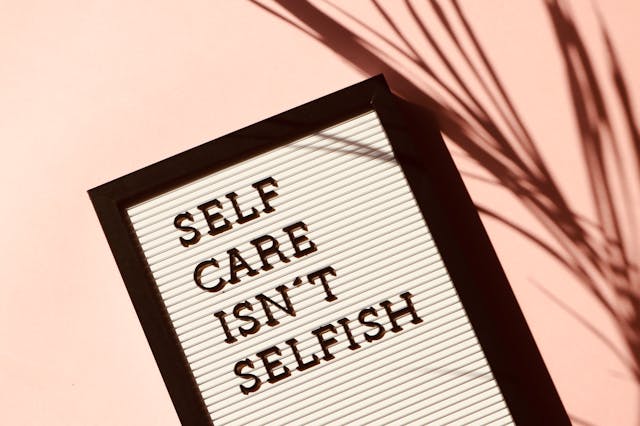Breaking the Stigma: How to Talk Openly About Mental Health
Mental health is just as important as physical health, yet many people find it hard to talk about. For years, stigma and misunderstandings have made mental health a taboo subject. But that is changing. Open conversations about mental health can lead to support, understanding, and healing. Here’s how we can break the stigma and start talking openly about mental health.

Understanding Mental Health and Stigma
Mental health refers to our emotional, psychological, and social well-being. It affects how we think, feel, and act. Everyone experiences ups and downs, but mental illnesses like depression, anxiety, and bipolar disorder are medical conditions that require attention and care.
Stigma means negative attitudes and beliefs about people who have mental health challenges. This stigma can make people feel ashamed, embarrassed, or afraid to seek help. It also leads to discrimination and isolation.
Why Talking About Mental Health Matters
Talking openly about mental health helps to normalize it. When people share their experiences, it shows others they are not alone. This reduces fear and shame around the topic.
Open discussions encourage people to ask for help when they need it. Early support can prevent problems from getting worse and improve recovery.
Moreover, talking about mental health promotes understanding. Friends, family, and coworkers can learn how to offer support and be more compassionate.
How to Start the Conversation
Starting a conversation about mental health can feel challenging, but it doesn’t have to be complicated. Here are some simple ways to begin:
- Choose a safe, private space: This helps both people feel comfortable.
- Use “I” statements: Share your feelings or experiences, like “I’ve been feeling stressed lately.”
- Listen without judgment: Give the other person space to speak without interrupting or offering quick solutions.
- Ask open-ended questions: Encourage deeper discussion with questions like, “How have you been feeling?”
Supporting Someone Struggling with Mental Health
If someone opens up about their mental health, it’s important to respond with care:
- Show empathy: Let them know you care and understand.
- Avoid minimizing their feelings: Don’t say things like “It’s not a big deal” or “Just cheer up.”
- Offer help: Ask how you can support them, whether it’s listening or helping find professional help.
- Encourage professional support: Suggest seeing a counselor or doctor if needed.
Taking Care of Your Own Mental Health
Talking about mental health isn’t just about helping others—it’s about taking care of yourself, too. Here are some ways to look after your mental well-being:
- Practice self-care: Activities like exercise, hobbies, and relaxation can boost mood.
- Reach out: Don’t hesitate to talk to friends, family, or professionals when you’re struggling.
- Learn about mental health: Understanding mental health helps you recognize signs in yourself and others.
- Be patient: Healing takes time, and it’s okay to ask for help along the way.

Final Thoughts: Creating a Culture of Openness
Breaking the stigma around mental health requires all of us to be open, kind, and patient. By talking honestly and listening with care, we create a world where mental health is treated with the respect it deserves. Whether it’s in your home, workplace, or community, your voice can make a difference. Start the conversation today—because everyone deserves to be heard and supported.












